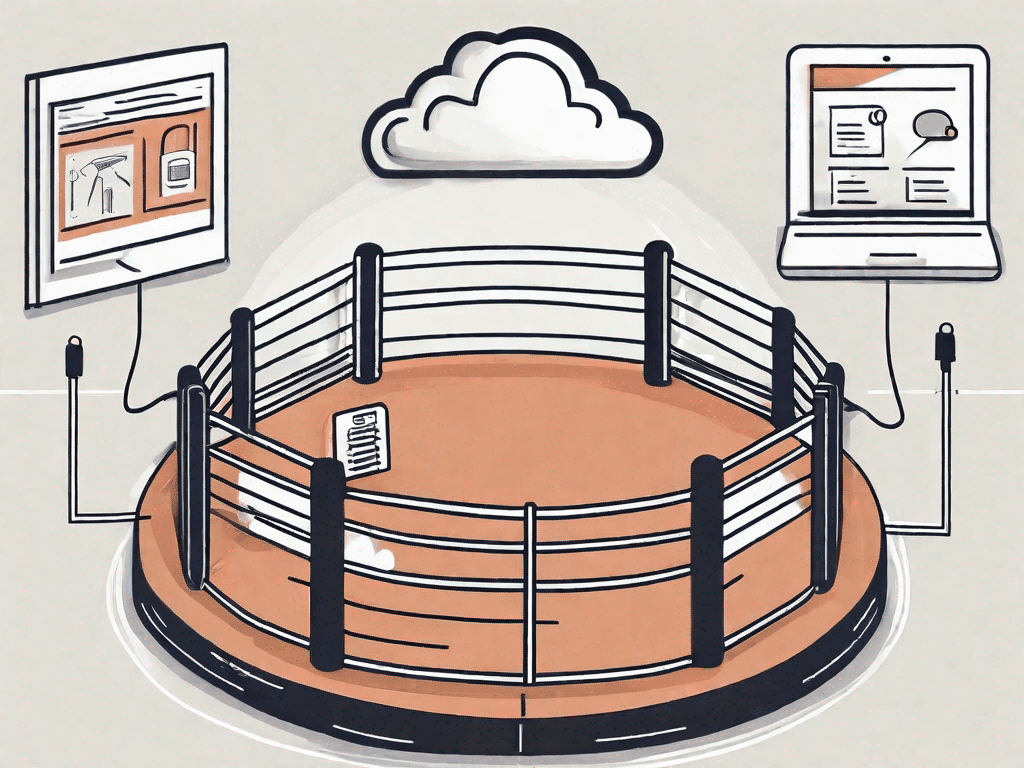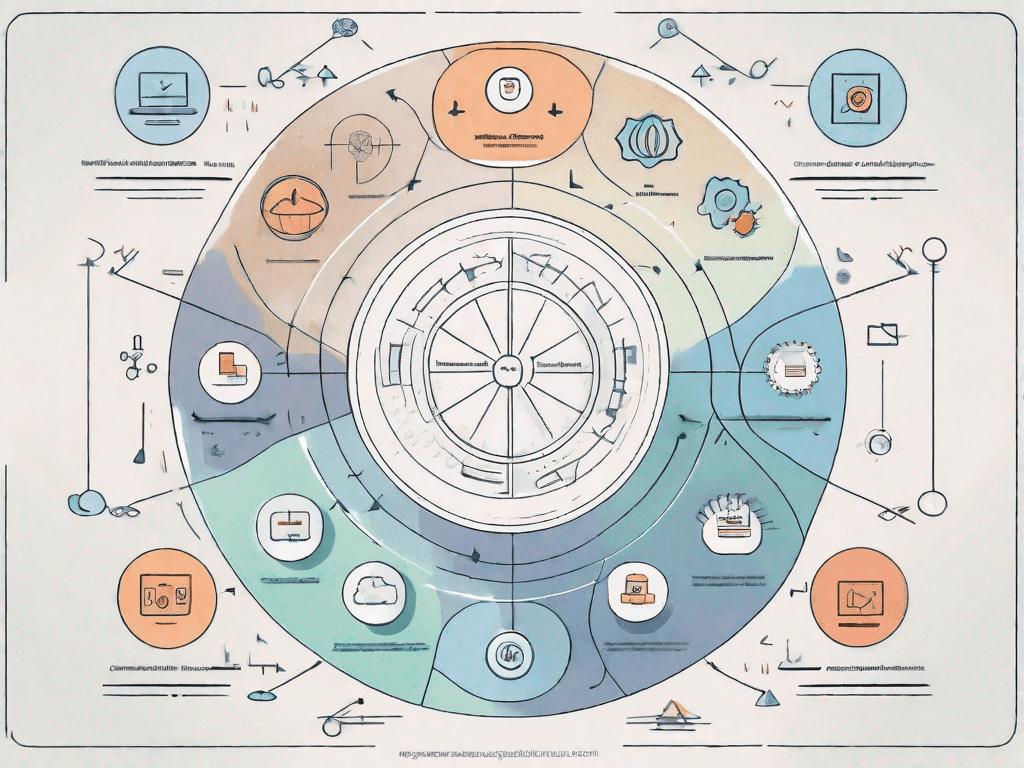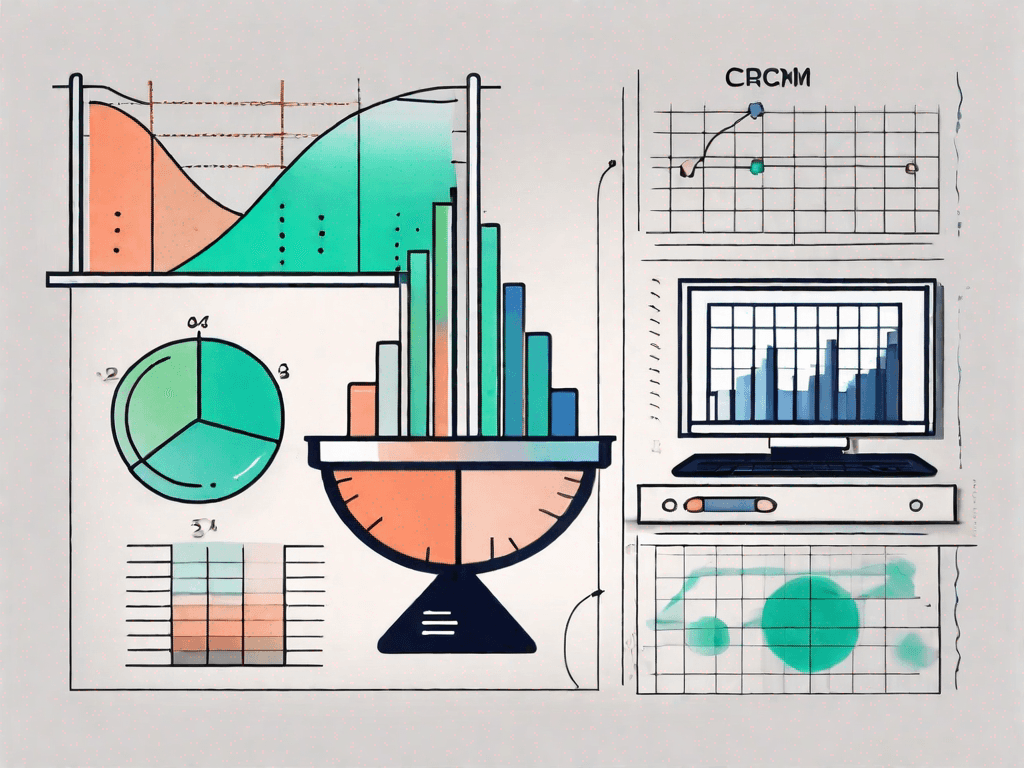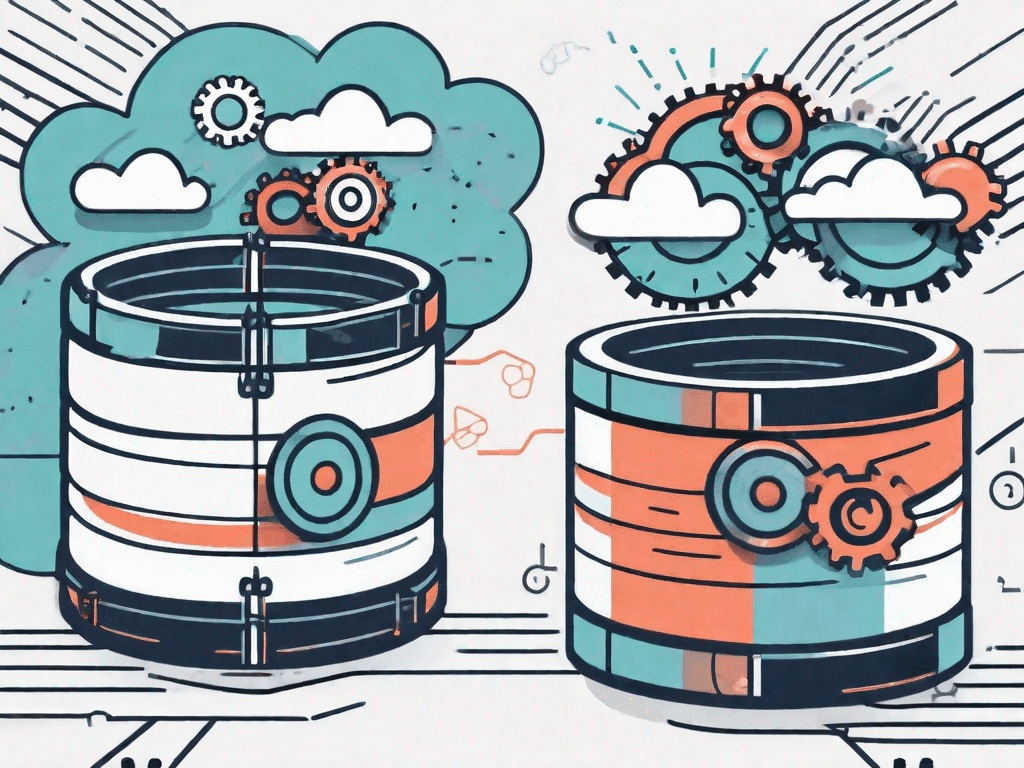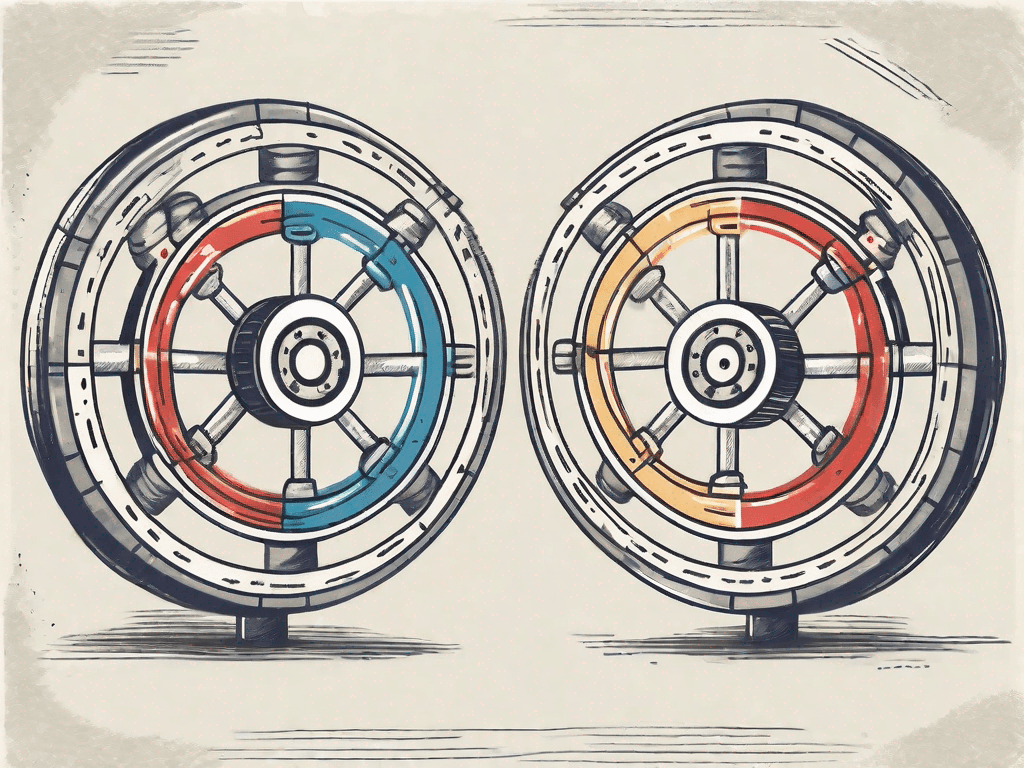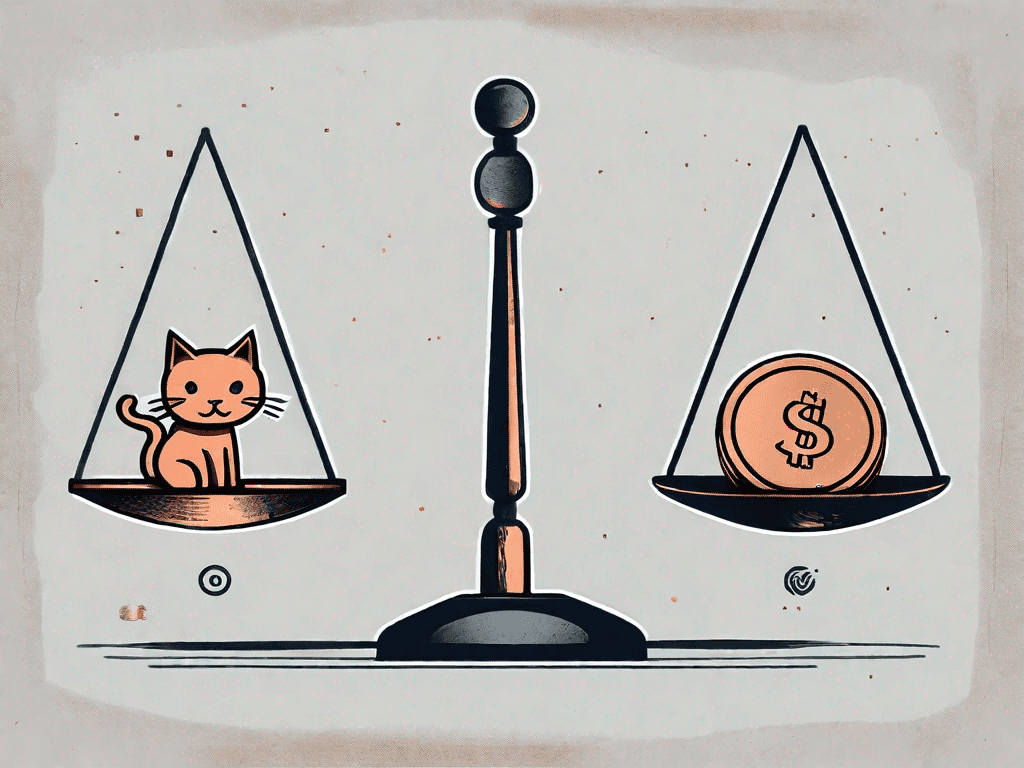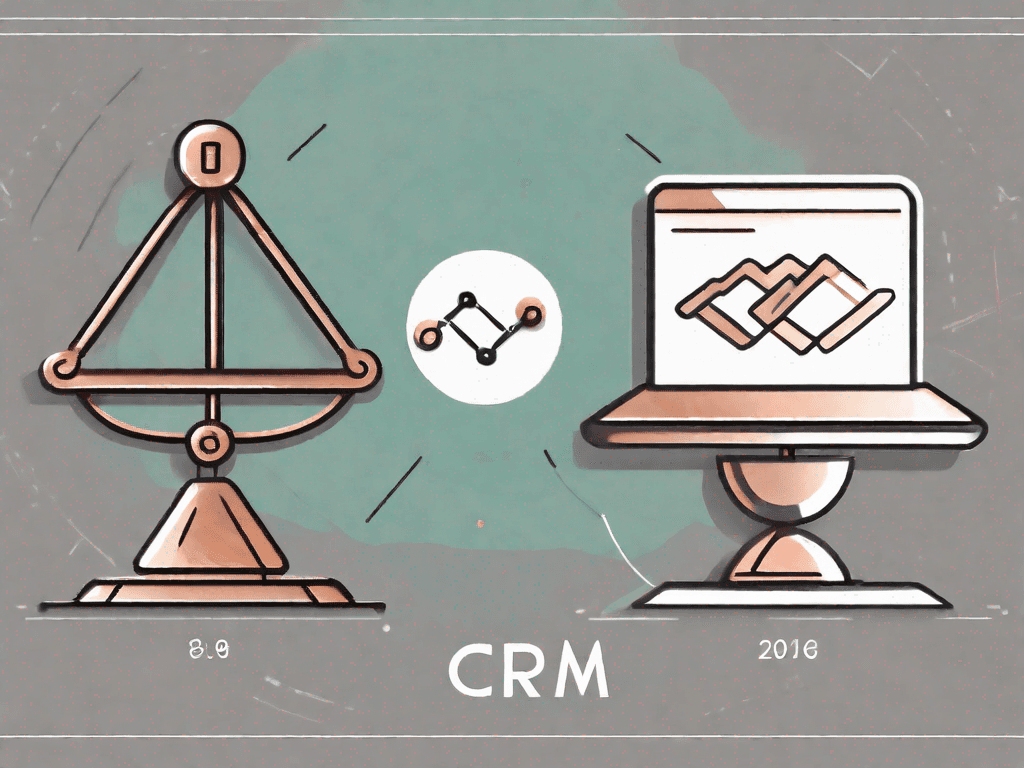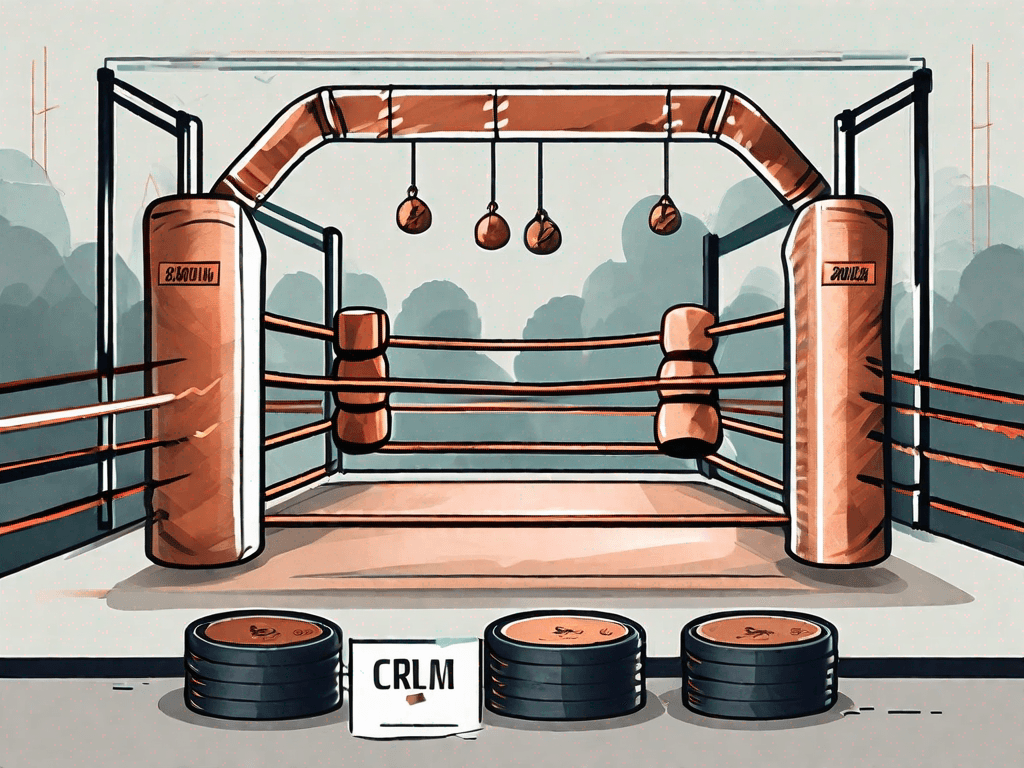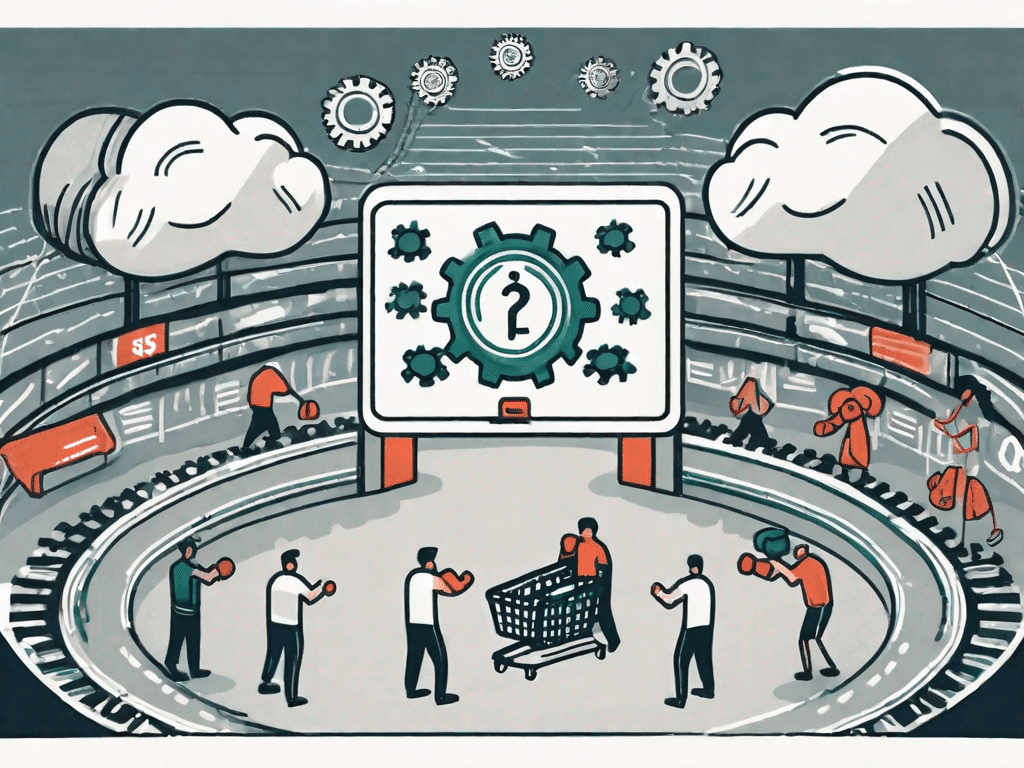
Copper CRM vs Spreadsheets: Which CRM is the Best?
In today's digital world, Customer Relationship Management (CRM) systems have become essential tools for businesses of all sizes. They allow companies to effectively manage their customer relationships, drive sales, and optimize their overall business performance. But when it comes to CRM solutions, there are various options available in the market. In this comparison article, we will be focusing on Copper CRM and Spreadsheets, two popular CRM solutions, to determine which one is the best fit for your business needs
1. Pros and Cons of Copper CRM and Spreadsheets
1.1 Copper CRM
Copper CRM, formerly known as ProsperWorks, is a robust CRM platform designed to streamline sales and customer management processes. One of the key advantages of Copper CRM is its seamless integration with Gmail and Google Workspace. This integration allows users to manage customer relationships directly from their email accounts and automatically sync essential contact information.
With Copper CRM, businesses can take advantage of its user-friendly interface, which is designed to enhance productivity and efficiency. The platform's intuitive design and easy navigation enable users to quickly adapt to the system and harness its full capabilities without the need for extensive training. This means that businesses can start leveraging Copper CRM's features and benefits right away, without wasting time on a steep learning curve.
Furthermore, Copper CRM offers powerful analytics and reporting tools, empowering businesses to gain valuable insights into their sales performance and make data-driven decisions. The platform provides comprehensive reports on key metrics, such as sales revenue, conversion rates, and customer engagement. These insights enable businesses to identify trends, spot opportunities, and optimize their sales strategies for maximum effectiveness.
1.2 Cons of Copper CRM
While Copper CRM offers numerous benefits, there are some limitations to be aware of. One potential drawback is its pricing structure. Compared to spreadsheet solutions, Copper CRM might present a higher initial cost, especially for small businesses or startups with limited budgets. However, it's important to consider the long-term value and return on investment that Copper CRM can provide, as it offers a comprehensive CRM solution tailored to the needs of businesses.
Additionally, Copper CRM's customization options are more limited compared to spreadsheets. While it offers a range of customizable fields and workflows, some users might find the system's flexibility slightly restricted in certain areas. However, Copper CRM's out-of-the-box features and pre-configured workflows are designed to meet the needs of most businesses, reducing the need for extensive customization.
1.3 Pros of Spreadsheets
Spreadsheets, such as Microsoft Excel and Google Sheets, have long been utilized as makeshift CRM systems by businesses. These versatile tools offer users the ability to create custom data structures that fit their unique requirements. With spreadsheets, businesses have greater control over their data and can tailor their CRM processes accordingly.
Moreover, spreadsheets are widely accessible and familiar to most users. They do not require any specialized training, making them a convenient option for businesses that prioritize simplicity and ease of use. Businesses can easily input and manipulate data in spreadsheets, allowing for quick updates and modifications as needed.
Furthermore, spreadsheets can be used for various purposes beyond CRM. They can serve as a central hub for managing different aspects of a business, such as inventory tracking, financial analysis, and project management. This versatility makes spreadsheets a valuable tool for businesses that need to handle multiple tasks and data sets simultaneously.
1.4 Cons of Spreadsheets
While spreadsheets have their advantages, they also come with inherent limitations. One of the main drawbacks is that they lack advanced CRM features available in dedicated CRM platforms like Copper CRM. Spreadsheets cannot provide seamless integration with email or automate processes such as lead tracking, opportunity management, and sales forecasting. This manual approach can be time-consuming, prone to errors, and hinder overall efficiency.
Furthermore, spreadsheets are vulnerable to data integrity issues. Multiple users with access to the same spreadsheet can cause discrepancies, accidentally overwrite information, or even delete data by mistake. These risks can lead to inaccuracies and compromise the reliability of the CRM system. Additionally, spreadsheets may not have robust security features, making them more susceptible to unauthorized access and data breaches.
1.5 Key Differences between Copper CRM and Spreadsheets
While both Copper CRM and spreadsheets have their strengths and weaknesses, it's essential to highlight their key differences:
Copper CRM offers advanced CRM features like lead and opportunity management, automated workflows, and real-time analytics, providing businesses with a comprehensive solution to enhance their sales processes.
Spreadsheets are highly customizable but lack the advanced CRM capabilities offered by dedicated CRM platforms. They are best suited for simple data management rather than complex sales and customer relationship management.
Copper CRM provides seamless integration with Gmail and Google Workspace, leveraging email as a central hub for managing customer interactions. Spreadsheets, on the other hand, do not offer such integrations, requiring manual data entry and synchronization.
When considering the choice between Copper CRM and spreadsheets, businesses should evaluate their specific needs, budget, and long-term growth plans. While spreadsheets may offer simplicity and customization, Copper CRM provides a comprehensive CRM solution with advanced features and seamless integrations, enabling businesses to optimize their sales processes and drive growth.
2. How does Copper CRM pricing compare to Spreadsheets?
2.1 Copper CRM Pricing
Copper CRM offers various pricing plans to cater to different business needs. The pricing is based on a per-user, per-month basis, allowing businesses to scale their CRM system as they grow. While the exact pricing may vary based on the specific requirements, Copper CRM generally offers competitive pricing with flexible options for small businesses and larger enterprises.
2.2 Spreadsheets Pricing
Spreadsheets, such as Excel and Google Sheets, usually come bundled with productivity suites or are available as standalone applications. The pricing for these productivity suites varies depending on the specific suite and licensing options chosen. However, spreadsheets can be considered a more cost-effective option, especially for businesses that need basic data management capabilities but do not require advanced CRM features.
2.3 Pricing Comparison
When comparing the pricing of Copper CRM and spreadsheets, it's essential to consider the overall value each solution provides. While spreadsheets might appear more cost-effective on the surface, they lack the advanced features and automation capabilities offered by Copper CRM. Businesses that prioritize efficiency, streamlined workflows, and comprehensive sales management may find that the benefits of Copper CRM outweigh the additional cost.
3. How do Copper CRM integrations compare to Spreadsheets?
3.1 Copper CRM Integrations
Copper CRM offers a wide range of integrations with popular business tools and platforms. These integrations enhance the CRM system's functionality and enable businesses to sync data seamlessly across multiple applications. Key integrations include email marketing platforms, project management tools, accounting software, and customer support systems.
3.2 Spreadsheets Integrations
While spreadsheets offer compatibility with various file formats and can be imported/exported to other applications, they do not offer direct integrations with external tools or platforms. Spreadsheets typically rely on manual data transfer, which can be time-consuming and prone to errors.
4. Which one is the Best for You?
4.1 The Best for Salespeople
For sales professionals, Copper CRM offers a vast array of features designed to streamline the sales process, improve productivity, and enhance customer relationship management. The automated workflows, real-time analytics, and seamless integration with email make Copper CRM an ideal choice for sales-focused teams looking to optimize their performance and close deals efficiently.
4.2 The Best for Consultants
Consultants who deal with multiple clients and projects can benefit from the advanced capabilities of Copper CRM. Its ability to manage leads, track opportunities, and provide insightful analytics can help consultants stay organized and make informed decisions. The integration with project management tools further enhances collaboration and efficiency.
4.3 The Best for Digital Marketing Agencies
For digital marketing agencies, Copper CRM offers a comprehensive solution to manage client relationships, track marketing campaigns, and gain valuable insights into campaign performance. Its seamless integration with email and popular marketing platforms allows agencies to centralize their communications and streamline their processes, enhancing overall campaign effectiveness.
Ultimately, the best CRM solution for your business depends on your specific needs and priorities. While spreadsheets can serve as a basic data management tool, Copper CRM offers a holistic CRM solution with advanced features, enhanced automation, and integration capabilities. Evaluating your business requirements and considering factors such as scalability, efficiency, and flexibility will help determine the best CRM solution to support your growth and success.























